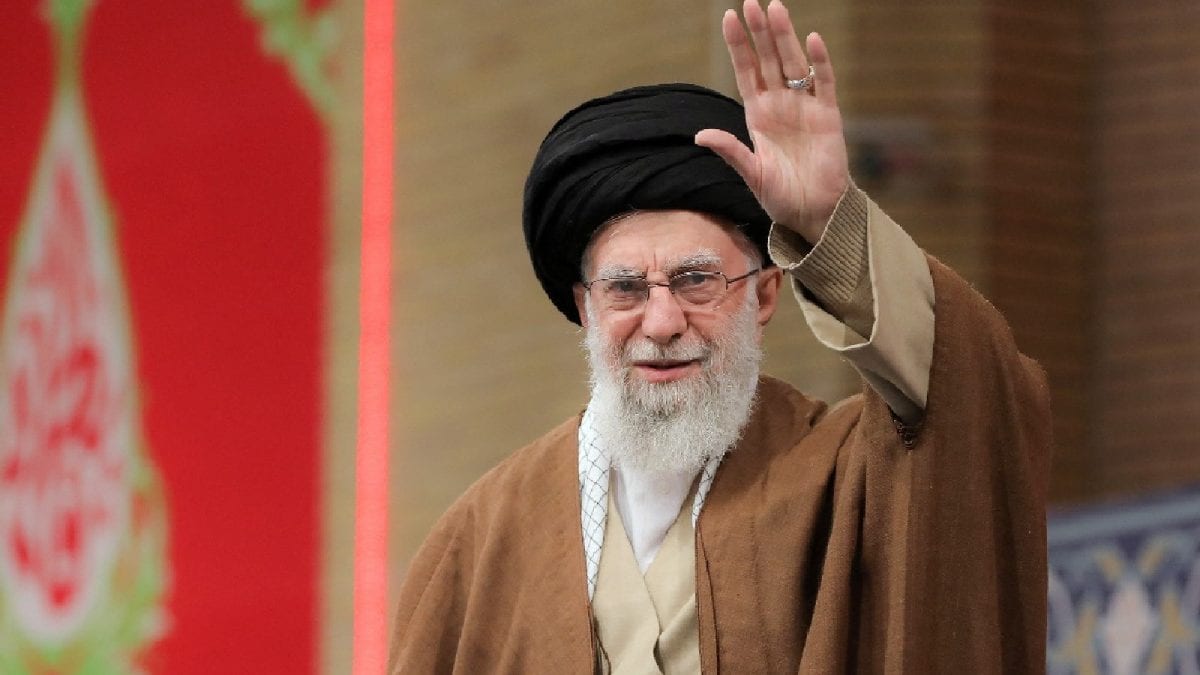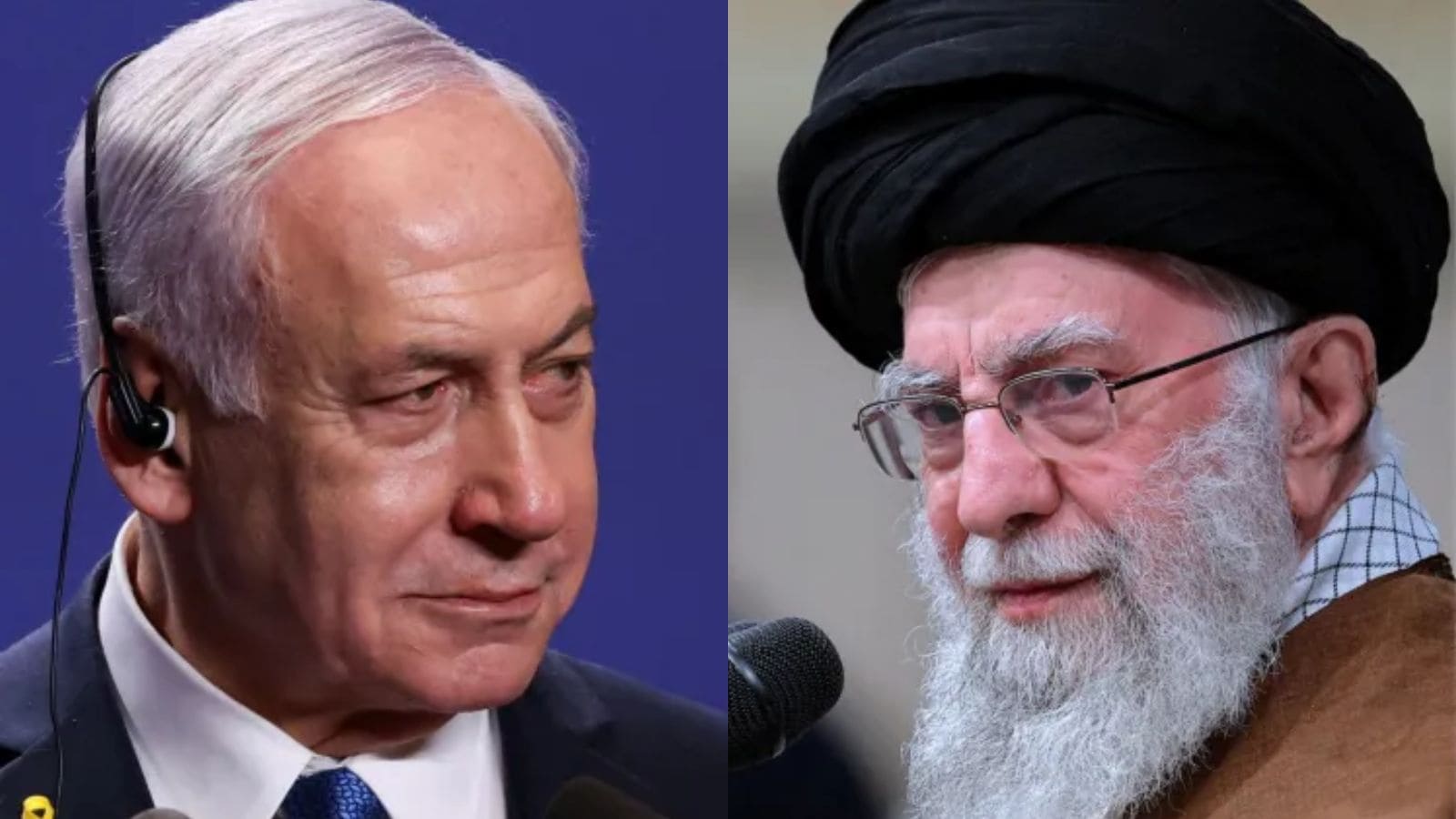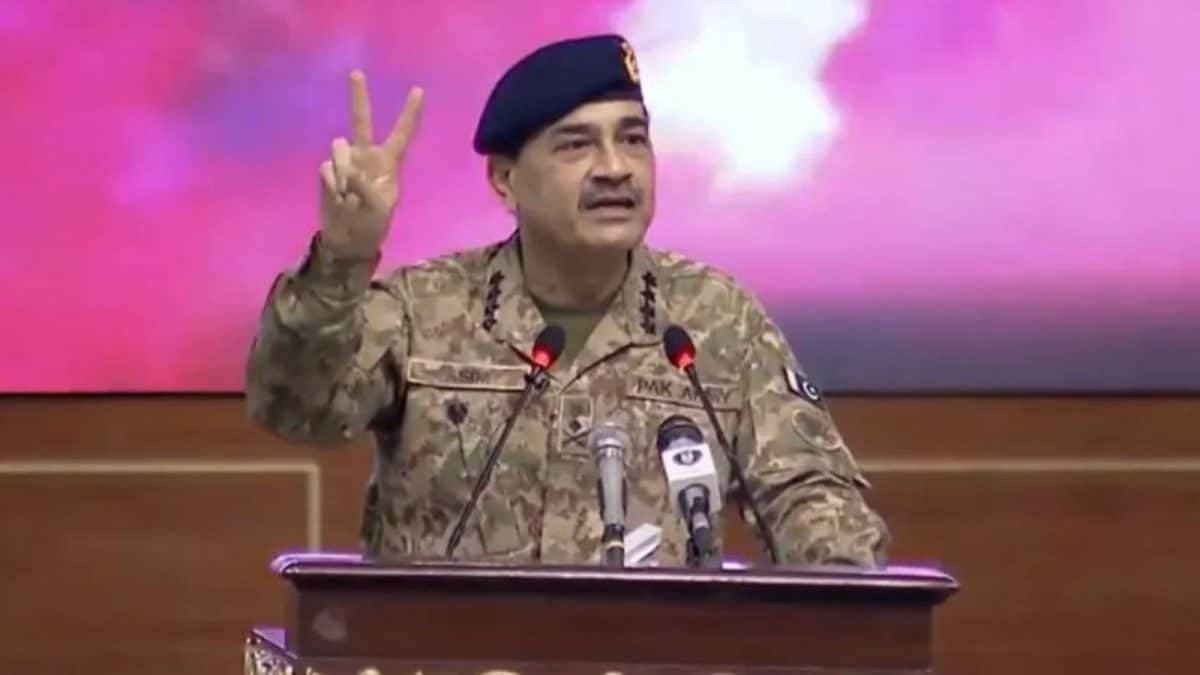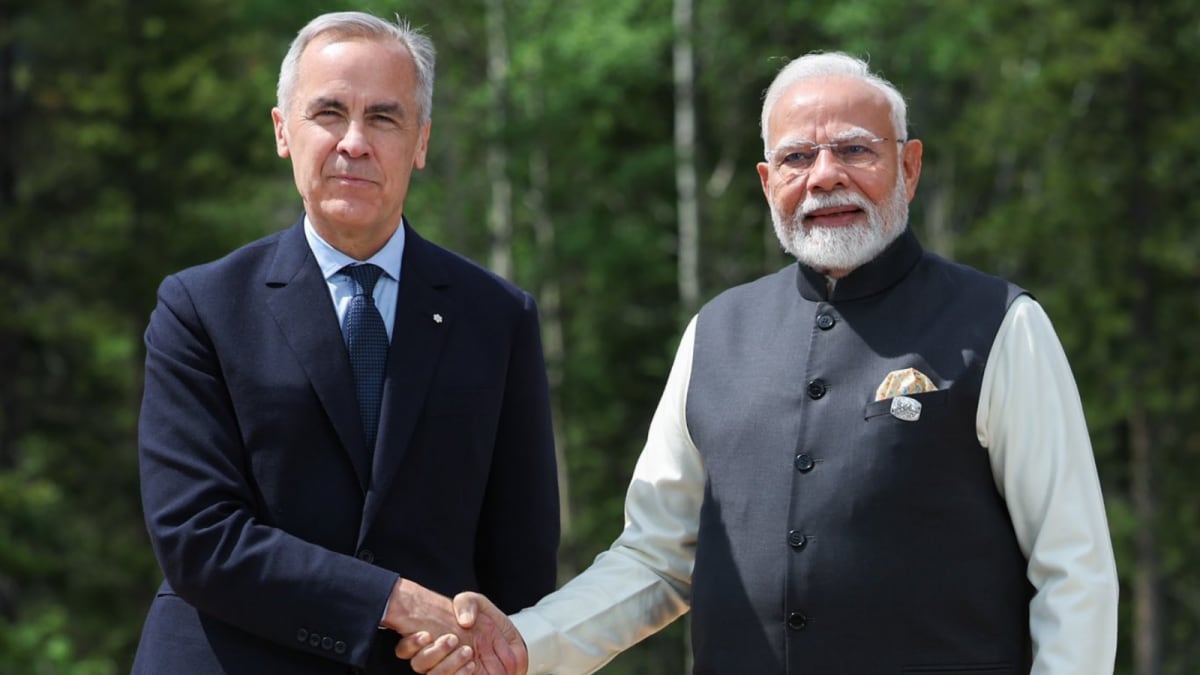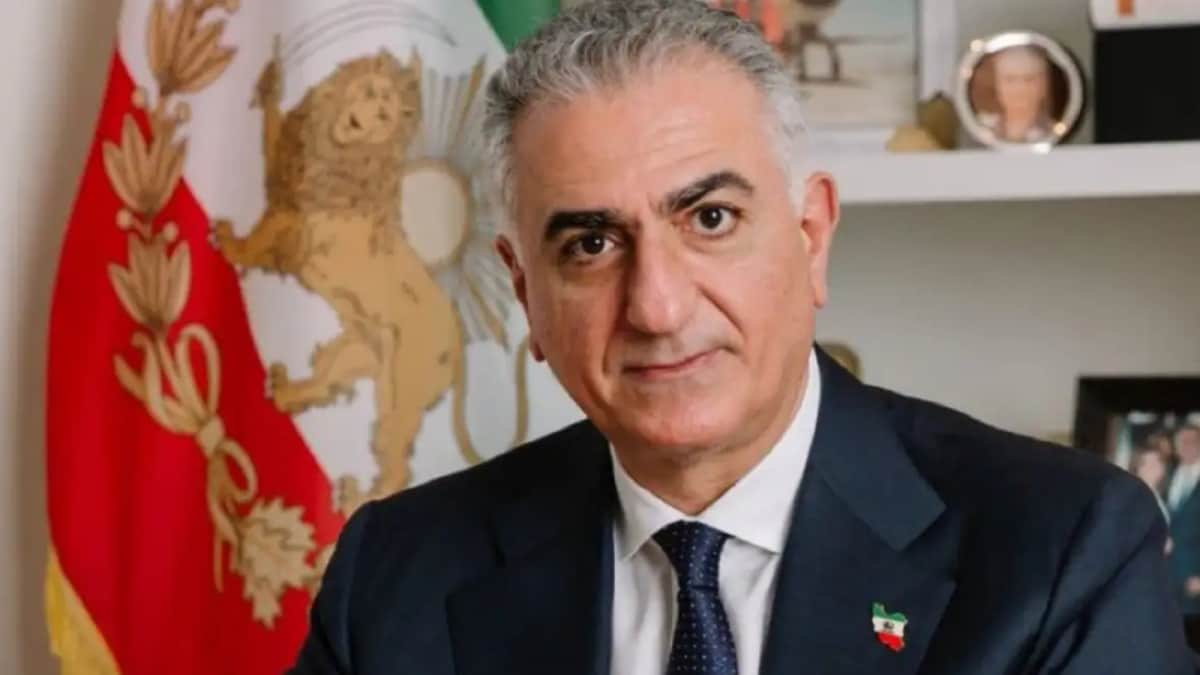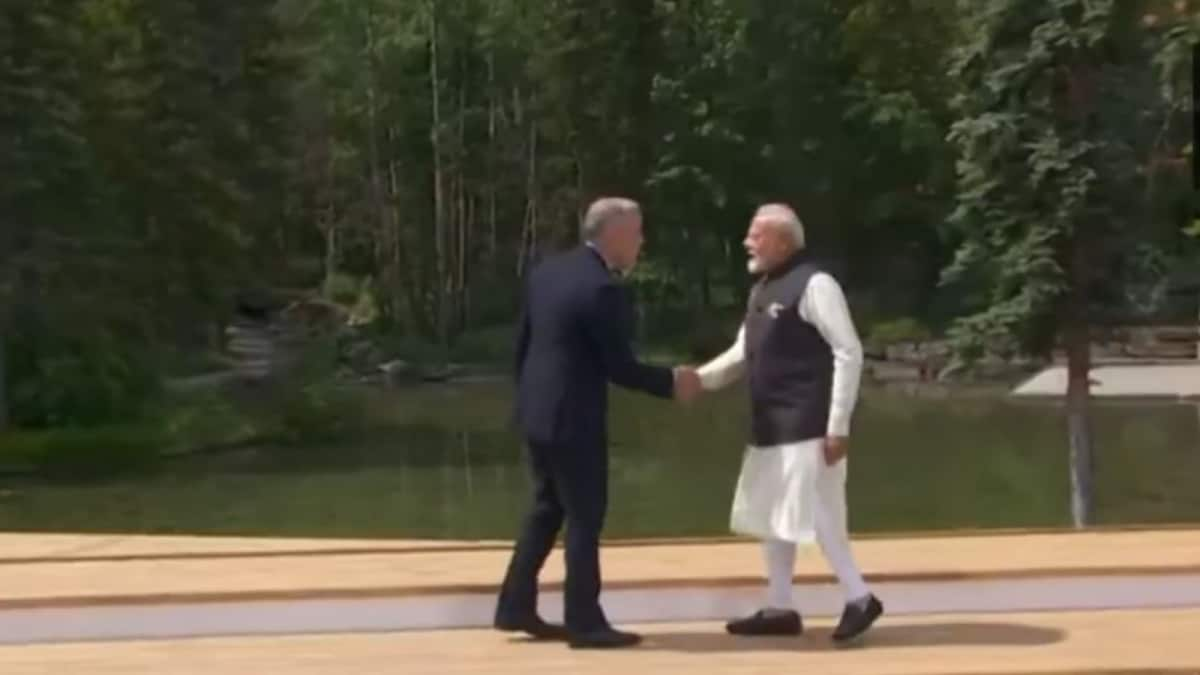West Asia stands at a dangerous crossroads as Israel and Iran abandon decades of proxy warfare for direct military confrontation. What began as shadow operations has exploded into open warfare, with devastating consequences rippling across the globe.

Israel Prime Minister Benjamin Netanyahu says Iran planned to kill US President Donald Trump
West Asia stands at a dangerous crossroads as Israel and Iran abandon decades of proxy warfare for direct military confrontation. What began as shadow operations has exploded into open warfare, with devastating consequences rippling across the globe.
From Proxies to Direct War
Israel's "Operation Rising Lion" marked a decisive shift in strategy—a coordinated military blitz targeting Iranian cities including Tehran, Natanz, and Kermanshah. The strikes hit military bases, nuclear facilities, and key personnel, delivering an unmistakable message: cease nuclear development or face complete destruction.
Iran's response, "Operation True Promise 3," was equally devastating. Hundreds of ballistic missiles rained down on Jerusalem and Tel Aviv, causing civilian casualties and flattening entire districts. In just five days, the region witnessed the collapse of proxy warfare in favor of direct military engagement.
The Military Balance
The conflict reveals a stark asymmetry in capabilities. Iran boasts overwhelming numbers—88 million people, 610,000 active troops, and extensive missile arsenals capable of reaching every corner of Israel. However, its aging air force remains a critical weakness.
Israel, with only 9 million citizens, compensates through technological superiority. Its stealth F-35s, precision-guided munitions, advanced cyber warfare capabilities, and the Iron Dome defense system provide qualitative advantages that partially offset Iran's numerical superiority.
Global Stakes and Economic Impact
The conflict's implications extend far beyond regional borders. The Strait of Hormuz, through which 20% of global oil flows, has become a critical pressure point. Any Iranian blockade would trigger catastrophic oil price spikes, potentially reaching $120 per barrel and crippling industries worldwide.
Israel's Iron Dome, while effective, comes at enormous cost—$50,000 per interceptor missile, with single Iranian barrages costing Israel between $540 million and $1.35 billion in defensive measures alone.
Trump's Pivotal Role
President Trump finds himself uniquely positioned to influence the crisis. Having reportedly vetoed Netanyahu's plans to assassinate Iran's Supreme Leader, Trump now faces the challenge of restraining allies while managing global oil markets and preventing nuclear escalation.
As missiles continue flying and oil prices surge, this conflict represents more than regional warfare—it's a test of whether global institutions can prevent a localized conflict from triggering worldwide economic collapse.
Published By:
indiatodayglobal
Published On:
Jun 18, 2025
Tune In

 3 hours ago
3 hours ago
